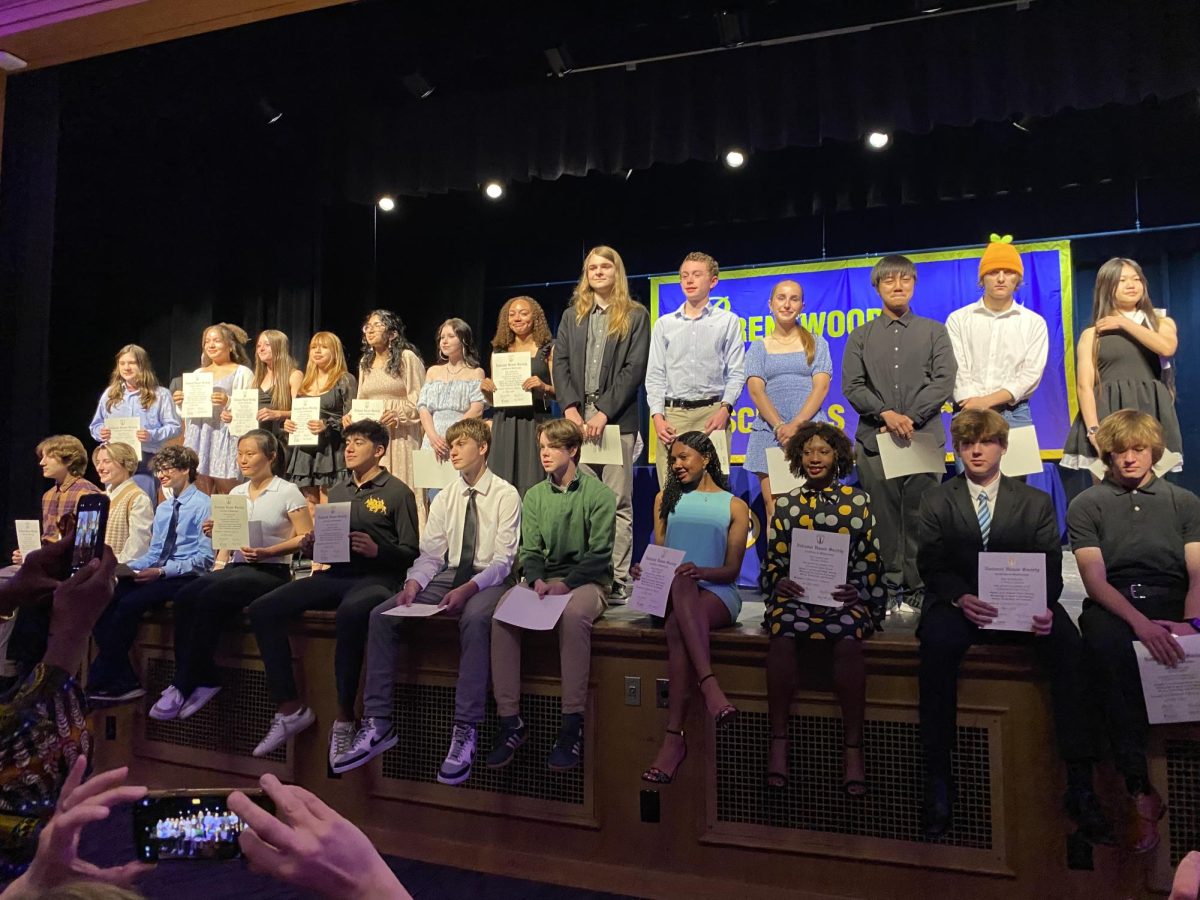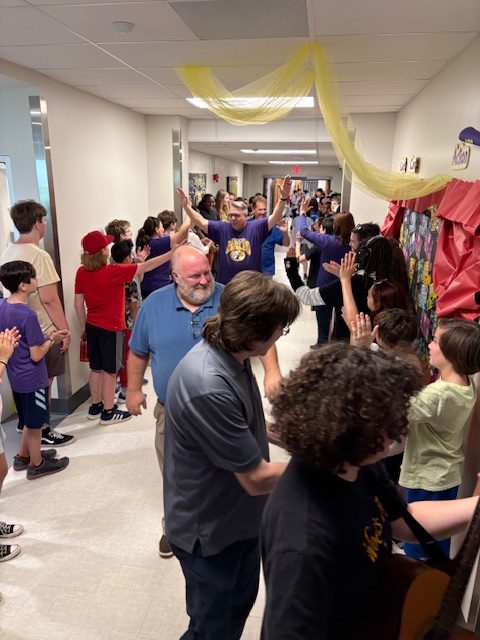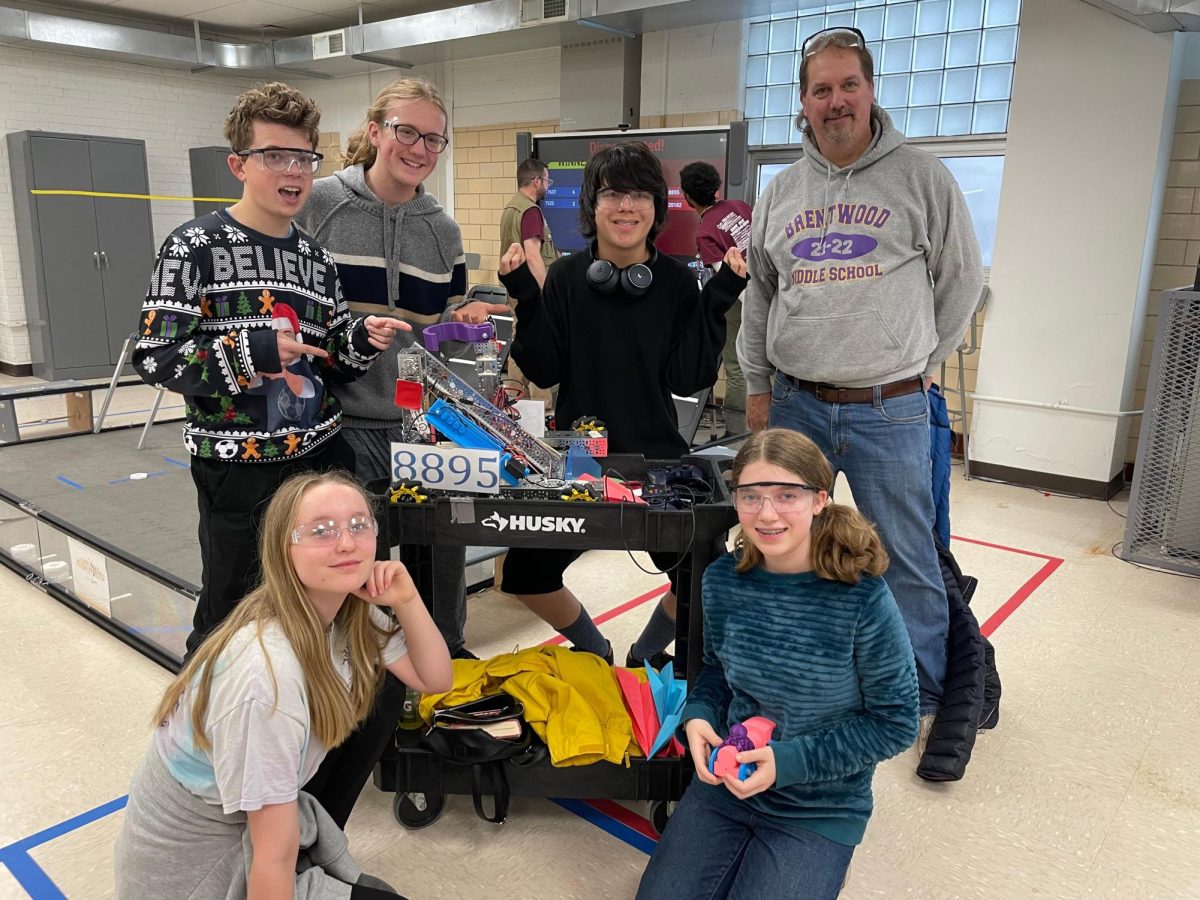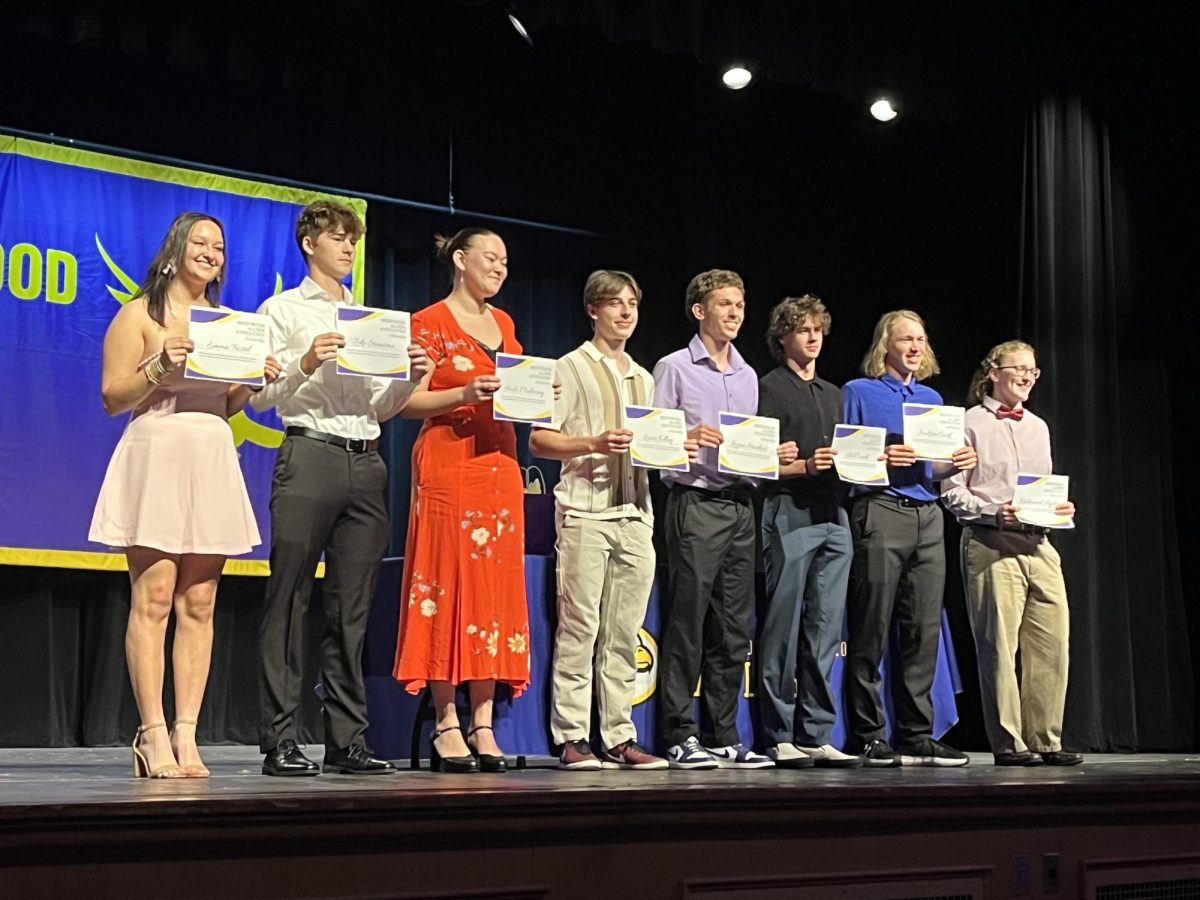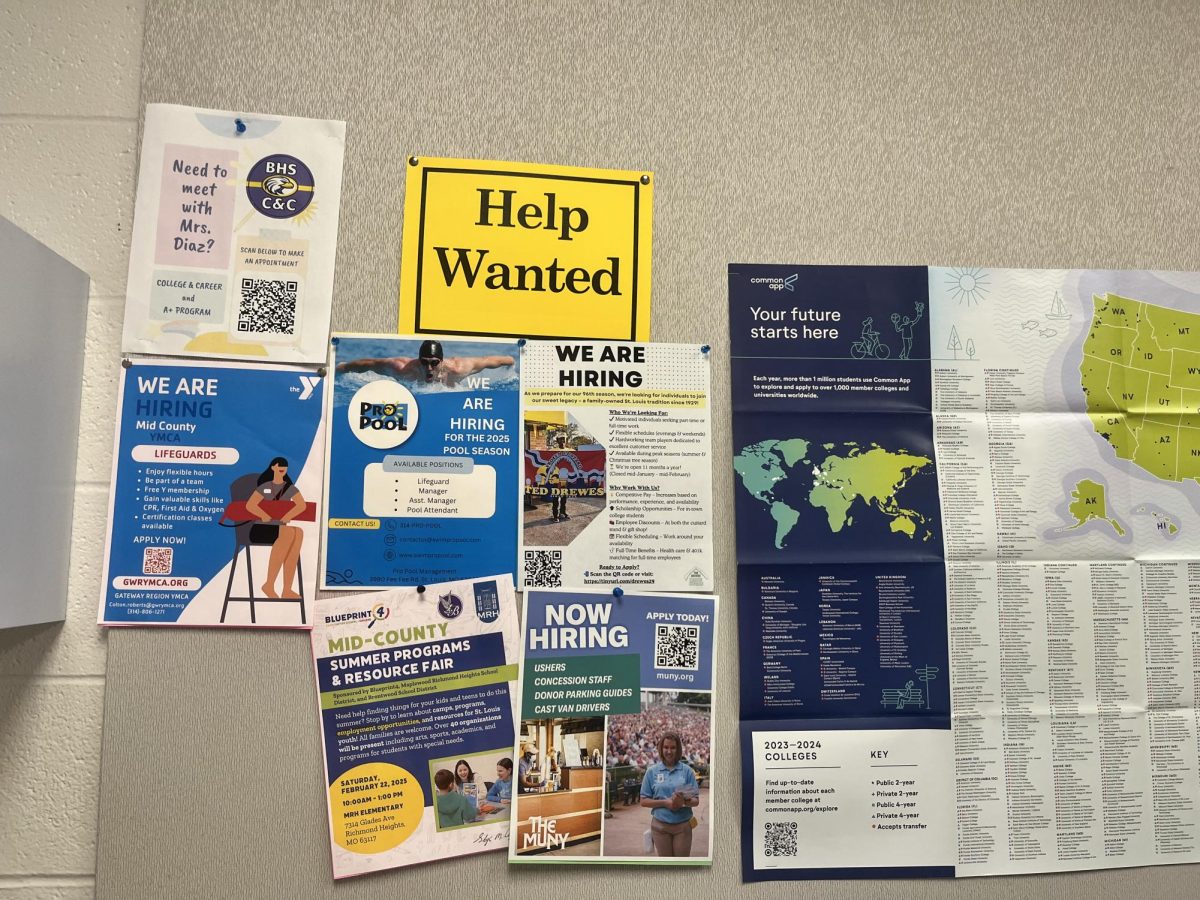With the simple click of a button, anyone can generate thousand-word essays, hundreds of lines of code, and even homework answers within the span of just a few seconds. That’s the way millions of students – from elementary-aged to college students – all across the world have started to use ChatGPT, an advanced language model created by OpenAI in 2021, to handle schoolwork. Ever since, the teachers of these students have been scrambling to find ways to deal with all of the cheating and some schools have even resorted to banning the website.
But is banning AI tools really the best action?
Without a completely foolproof system that can track what is or is not written by AI, which might never be possible, perhaps schools need to take a different approach to the ChatGPT problem. Perhaps the way to solve the issue isn’t by getting rid of it, but instead by actually implementing it.
But how did we get here in the first place?
For starters, COVID-19. Of course. In addition to all of the other stressors, the pandemic caused the world, it also put lots of academic stress on students around the globe who, in the spring of 2020, were forced to join the virtual school. For that spring and into the fall of the next year (and many months longer for some), students spent hours and hours in front of a bright screen, usually on a Zoom call, doing mindless, busy work. Many students lost incentive to do schoolwork, and for some, the idea of cutting corners and even cheating on assignments felt more and more justified.
Come fall of 2022 when OpenAI fully released ChatGPT 3.5, the version everyone is still talking about today, students and adults alike were primed to jump on its many uses. For students, GPT helped them do their schoolwork rather than what the model was made to be used as; a learning tool.
As a learning tool, there are many ways people can use GPT to encourage productivity and creativity in their work such as idea generation and grammar checking. For example, having a writing assessment that includes GPT as a tool to use on the side promotes turning in more quality and polished work while also helping students learn more about how to recreate quality work on their own.
Using GPT as a tool like this can trigger something in students called the “flow state”, a theoretical psychological state where someone is fully immersed in whatever task they are trying to accomplish. Without needing to focus on grammar checking and with easy access to better vocabulary words at the click of a button, a student can become fully immersed in their writing without needing to stop and, therefore, might be able to reach this state and become several times more efficient with their work than before.
On the topic of psychology, with the addition of a new resource for on-the-go writing help, students might find writing more enjoyable and fun than before. GPT could help reduce stress and promote better writing simply due to the removal of most of the stress that comes with the process of completing a complex piece of text. For example, a student might feel stressed wasting time on an essay looking for a better word to describe something, GPT can remove that stress altogether by providing suggestions for better words for the specific scenario the student has written about.
But what if a student still considers cheating?
To be clear, as a language model, GPT can really only take information from the data it was fed and not from fact-checked and reputable sources. This means that it does a way better job at assisting with correcting human language and idea generation than it does with, say, creating an accurate World War 2 timeline for History class. The information isn’t guaranteed to be correct or accurate, so even if someone decides to cheat with it, the work usually ends up subpar. Using it properly means being able to discern good work from bad and still having your own work at the base of everything.
While handling AI is certainly a major challenge facing educators, hopefully with the challenges can come great opportunities for teachers to reform lessons into less popular but more efficient ways of learning that require real-world applications that GPT can never understand. This is because the public model is only updated to a certain point, and it can’t really understand anything past that, not to mention that as an AI, it can’t process human emotion or think how a human might in the real world. To an AI, the best solution to a problem is the easiest one. This also allows for alternative projects to be opened up, like podcasts or storyboards, where GPT can give students tips on how to produce and can help the project as a whole without actually being able to do the project for the students as a language model with limited abilities.
The creation of ChatGPT started a new era of schoolwork and was an amazing advancement in the world of artificial intelligence. With this new era comes a land of opportunities for teachers and students alike to redefine the world of education for kids around the globe to use AI as a learning assistant that removes the stress and brings back the fun of education.
Sources Used:
https://ro.uow.edu.au/cgi/viewcontent.cgi?article=3180&context=jutlp
https://www.ncbi.nlm.nih.gov/pmc/articles/PMC7551835/
Csikszentmihalyi, M. (2008). Flow. New York. Harper Collins Publishers.



